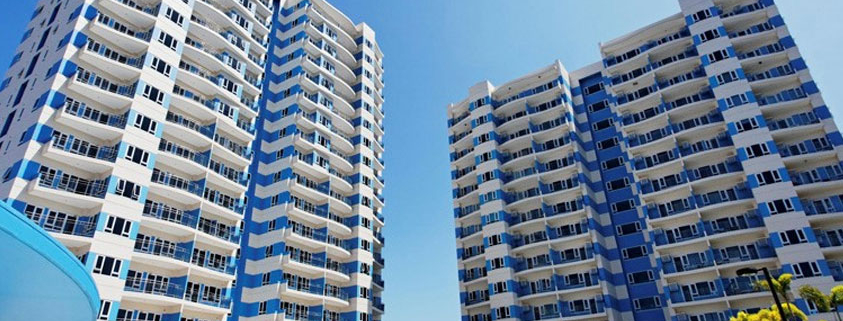Do you need a membership vote for material alterations?
Condominium and homeowners’ associations, that have been around for a while, usually at some point want to upgrade their common elements or common areas to stay up with the times.
That 90’s paint color scheme of the buildings is no longer in fashion, pavers are now preferred over asphalt in the parking and roadway areas, or that social room carpeting needs to go and be replaced with low maintenance tile. Such upgrades are considered material alterations under the law and may require a membership vote.
A material alteration is a change in the look or function of the item being upgraded. Typically, if you are changing out association “personal property” that is not attached to the “real property” land or building, you do not need a membership vote and just the board can decide. This would include changing out the chairs, table, lamps and ashtrays in a social room.
However, if you are changing part of the building (paint color-inside or out), or attached property such as carpeting, tile, window coverings or other attached fixtures, you made need a membership vote to do so.
In a homeowners’ association, the answer as to what vote is required to make a material alteration is usually pretty straight forward as its governing documents normally require only the board or architectural review committee (ARC) approval for such alterations.
However, determining whether a membership vote will be required in condominium associations can be more complicated. Section 718.113(2)(a) Florida Statutes provides that: “there shall be no material alteration or substantial additions to the common elements or to real property which is association property, except in a manner provided in the declaration as originally recorded or as amended under the procedures provided therein. If the declaration as originally recorded or as amended under the procedures provided therein does not specify the procedure for approval of the material alterations or substantial additions, 75 percent of the total voting interests of the association must approve the alterations or additions.”
Many original developer-drafted documents are silent on this issue so 75 percent approval of the membership will be required. As this is a very high hurdle to obtain, many associations will amend their documents to require say 75 percent or 66 ⅔ percent of only those who vote will be required to approve material alterations and only for alterations over a certain dollar amount say $30,000 to $50,000. This allows the condominium board to approve less expensive alterations but will require the board to go to the members for proposed high dollar changes.
Some think that minor changes in paint color of buildings do not need a membership vote, but a court in Florida has held that even going from white to beige is considered a material alteration requiring in membership vote. There are some noted exceptions Florida courts have found that do not require a membership vote for material alterations.
These include alterations or modifications that are incidental to the repair, preservation or replacement of existing improvements, such as installing a new sea wall to protect the property or if an engineer finds the alteration is a better replacement for longevity and protection of the property, such as replacing river rock with tile, replacing asphalt with pavers or replacing real cedar shake roof shingles with faux shake shingles.
As you can see, there are nuances when it comes to which material alterations require membership votes and which do not. So, if you are not sure, you should check with legal counsel before entering into contracts for such alterations or upgrades to avoid running the risk of having to spend the same amount of money twice to convert the material alteration back to the old look if you are successfully challenged for not obtaining a membership vote first when you should have.

